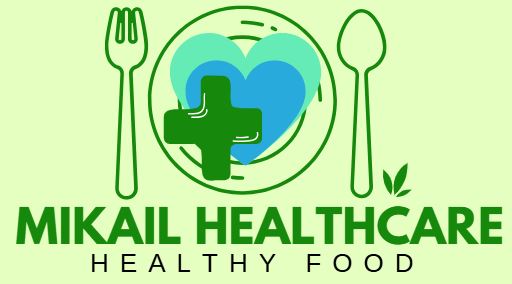When it comes to healthy eating, there’s a lot of advice out there. But not all of it is true. Some “facts” are actually myths that can confuse people and make healthy eating harder than it needs to be. Let’s break down some of the most common myths about healthy eating and learn the truth behind them.
Myth 1: Healthy Food Is Always Expensive
Many people believe that eating healthy means buying costly organic products or fancy superfoods. That’s not true!
Reality: You can eat healthy on a budget. Simple foods like oats, lentils, rice, eggs, seasonal vegetables, and frozen fruits are both affordable and nutritious. Planning meals and cooking at home can also save money.
Myth 2: Carbs Are Bad for You
Carbohydrates often get blamed for weight gain, so many people try to avoid them.
Reality: Not all carbs are bad. Whole grains like brown rice, oats, and quinoa are great sources of energy and fiber. It’s refined carbs (like white bread and sugary snacks) that you should limit.
Myth 3: Fat-Free Means Healthy
Seeing “fat-free” on a label might sound good, but it’s not always better.
Reality: Many fat-free products add sugar or artificial ingredients to make up for the lost taste. Healthy fats (like those in avocados, nuts, and olive oil) are essential for your body. Instead of avoiding fat, focus on choosing good fats.
Myth 4: You Must Follow Strict Diets to Eat Healthy
Some people think healthy eating means following strict rules or cutting out entire food groups.
Reality: Healthy eating is about balance, not restriction. You can enjoy your favorite foods in moderation while still eating well most of the time. It’s better to build habits you can stick to rather than extreme diets that don’t last.
Myth 5: Snacks Are Unhealthy
Snacking often gets a bad reputation, especially when trying to lose weight.
Reality: Healthy snacks like fruits, nuts, yogurt, or veggie sticks can keep you energized and prevent overeating during meals. It’s the type of snack that matters, not the act of snacking.
Myth 6: Eating Late at Night Makes You Gain Weight
Many people believe that eating after 7 or 8 p.m. automatically leads to weight gain.
Reality: Weight gain depends more on what and how much you eat—not the time. Late-night eating can lead to weight gain if it’s mindless or includes junk food. But a light, healthy snack at night isn’t a problem.
Final Thoughts
Don’t let these myths hold you back from eating well. Healthy eating doesn’t have to be complicated or expensive. Focus on real, whole foods, eat a variety of nutrients, and make changes that fit into your lifestyle.
Remember: The best diet is one that’s balanced, enjoyable, and easy to maintain.


1 Comment
w6qyrd